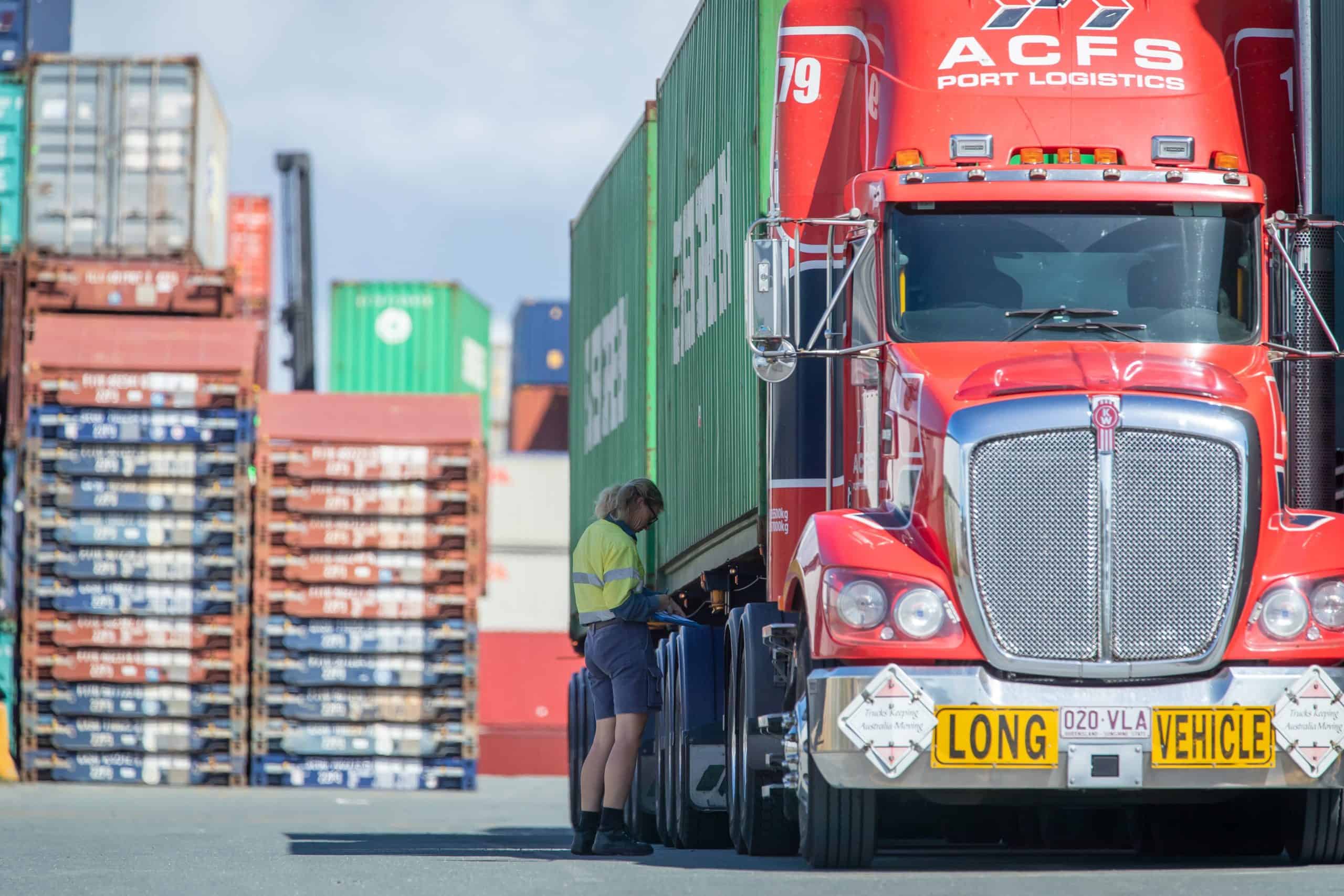With COVID-19 still not under control in Australia, and the second wave hitting, the impact of the pandemic continues well in to the second half of 2020. With essential services and new regulations and restrictions under way with added security and safety procedures to get the spread under control, Australia is making great efforts to keep afloat with global trade and national demands in terms of its shipping and logistics industry.
International and state borders being closed has made an impact on the populace but with trade lines, there has been some leeway with product and imports/exports continuing though at a slower pace, it has threatened Australia’s position in the global trade and supply chains. The livelihoods of those in the trade too have been greatly affected. The welfare of seafarers who have been stuck in vessels, the pressures on the crew have been extreme during these times.
With ninety percent of global trade supplies carried over international shipping, there have been many issues that have come up during these trying times. The Australian Maritime Safety Authority (ASMA) is taking every effort and every precaution, going as far as to detain seven vessels that had not adhered to maritime regulations and going as far as to banning a bulk carrier for a six months period too. The inability for crew changes due to health risks and inability to cross borders has also meant that lower labour has restricted efficiencies at ports. The stress of being at sea and inability to go home has caused fatigue and mental weariness, which may have had a significant role in the recent oil spill in Mauritius.
As the world attempts to restructure its imports/exports due to supply restrictions due to the pandemic, Australia being one of the global iron ore suppliers have great concerns with regards to China’s recent decision to build large ore carrier terminals. With Australia calling out China towards its handling of the COVID-19 breakout, China has restricted Australian imports of coal and barley. However, with the political instabilities and the state of the pandemic, many indecisive factors have made the industry lack stability in terms of the nation’s future economic progress. With China’s local iron ore production slated to boom, along with Brazil, Australia’s foothold in the iron ore market could lose its footing.
Related News Articles:
Should Australia be worried by Beijing’s iron ore security posturing?

